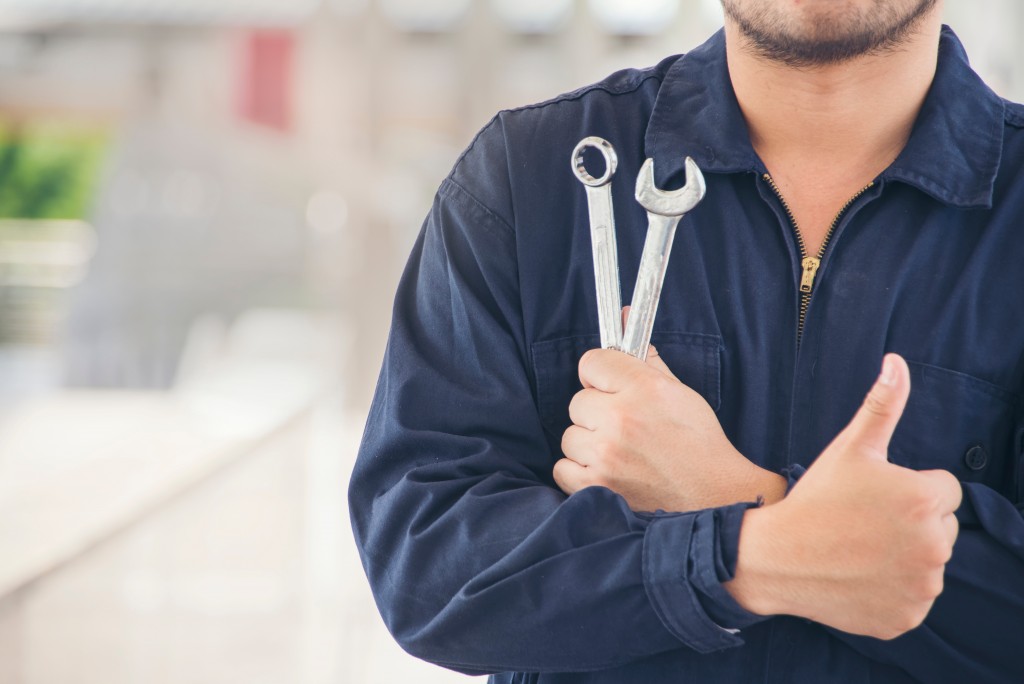Cars aren’t exactly cheap, which is why you need to prepare for worst-case scenarios. And by worst-case scenarios, I’m talking about breakdowns and replacements. In those cases, being well-prepared can go a long way in keeping your car in excellent condition without the hefty auto mechanic bill.
Whether you’re fixing a vintage model or you’ve got a brand-new electric car, with the right tools and know-how, you can start doing your own auto maintenance. You’ll quickly realize that learning how to do necessary repairs is cheap, quick, and fun. And if something breaks down, you’ll have the tools and skills to fix it.
That said, you can’t just take out your old toolbox and start fixing things. Your existing tool kit might be enough for home repairs and basic woodworking, but it’s going to be inadequate for auto work. You’ll need to invest in new tools such as a car wheel balancing machine.
Here are some of the basics to get you started.
1. Factory service manual
The most valuable item in the auto mechanic’s tool kit is the factory service manual. Because it comes straight from the car manufacturer, the manual contains the exact specifications for your specific vehicle. In many cases, these manuals will also have guides for quick repair jobs like brake pad replacements and carburetor replacements.
If factory service manuals aren’t available for your vehicle, you can look for third-party commercial repair manuals or even online forums.

2. Socket set
Service manuals are a valuable source of information, but you can’t do any actual work without a socket set. Socket sets allow you to work with any type of fastener, and you’re probably going to use this tool the most. For starters, you’ll want to get a socket set that has the standard sizes as well as quarter-inch and half-inch drivers.
3. Pliers
Pliers are easy hand tools to work with, and they’re beneficial in situations where you need to cut or manipulate wiring such as headlight replacements and to install a new stereo. Pliers come in many types, each one with a different purpose, especially when it comes to auto maintenance. Buy a selection of pliers of different sizes to cover all the bases.
4. Wrenches
Another essential tool in an auto mechanic’s kit is the wrench. Just like pliers and the socket set, you’re going to be using a wrench often when doing auto repair work. Wrenches come in many types, and some of the basic ones you may need to include torque wrenches, adjustable wrenches, socket wrenches, and combination wrenches. It pays to have a good selection of wrenches to allow yourself some flexibility.
5. Screwdrivers
You probably have a few screwdrivers in your existing toolset, but you’ll need to get a few more if you want to perform your own auto repairs. There are two basic types of screwdrivers: standard and Phillips screwdrivers.
Standard screwdrivers have a flat, straight head and are used for loosening and tightening screws with a slotted drive. Phillips screwdrivers are used for screws with an X or star-shaped drive. I also suggest getting a flathead screwdriver that you can use as a prying tool.
These are just some of the essential tools that any home auto mechanic or car enthusiast should keep in their toolbox. When it comes to auto maintenance, you need to have the right tools for the job. Start with the items on this list and get more as you do more complex work.

